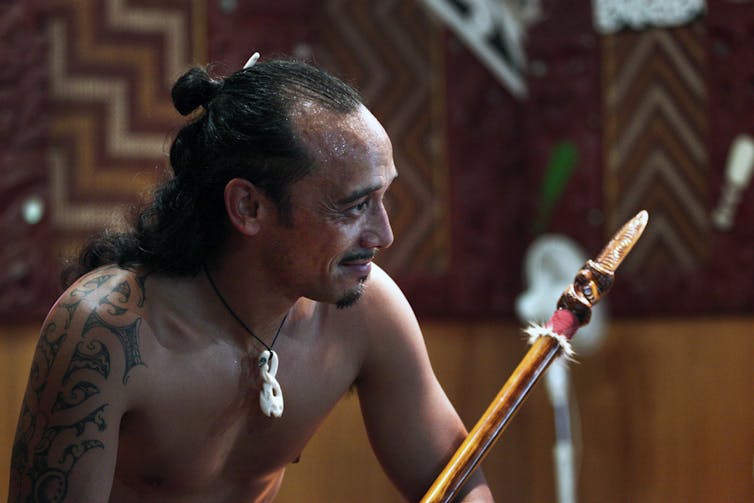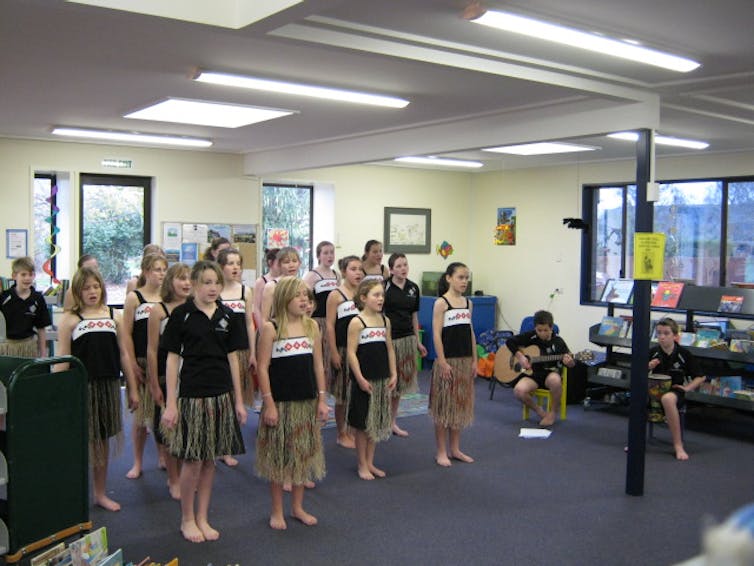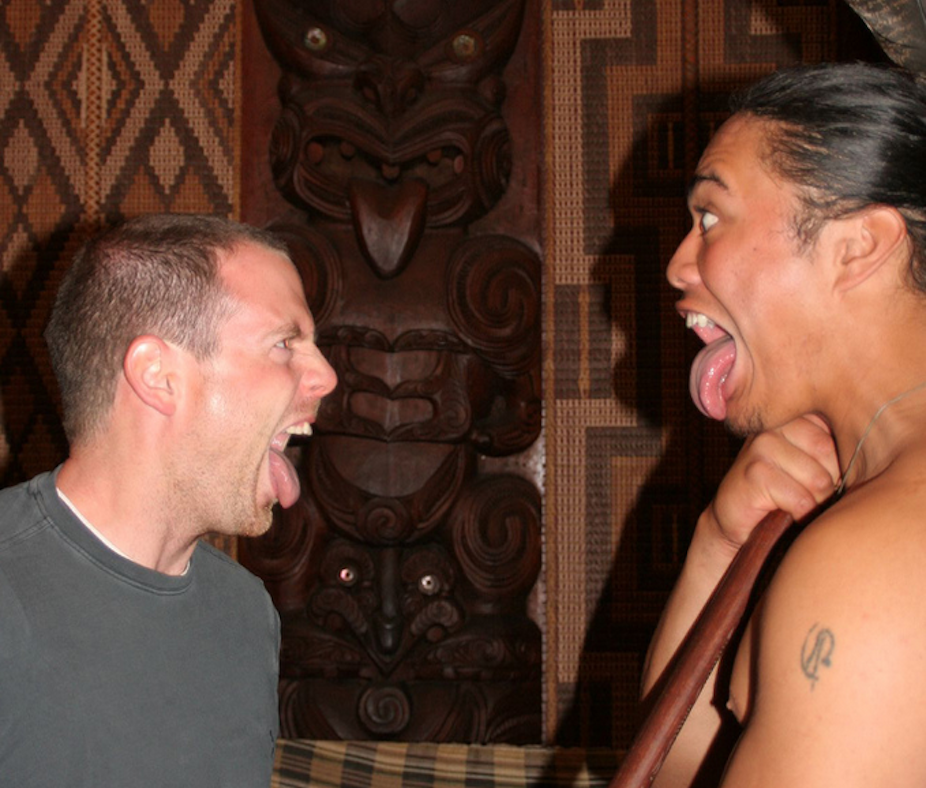The idea that our Kiwi cousins have a much better track record on national policy and attitudes to Indigenous peoples is not at all new. Talk to Kiwis and there is an uncomfortable cringe about Australian ignorance towards Aboriginal and Torres Strait Islander cultures and languages, and relief that New Zealand’s relationships with Māori are much healthier.
Linguist Felicity Meakins recently gave a disturbing account of exactly how little the average Aussie knows about Australia’s Indigenous languages. Few know how many there are or what they are called, let alone are able to speak them.
Researching what the Average Joe knows about languages and linguistic phenomena is called folk linguistics: this is not about examining whether what people know is scientifically correct, but is about understanding what linguistic topics the public are exposed to, what topics interest them, how they use what they know to explain the world around them and, not least, to reveal social attitudes towards languages.
I undertook folk linguistics research in New Zealand about the Māori language to discover what Kiwi youth know about reviving the Māori language and what future they think it should have in New Zealand.
Our Kiwi cousins – both European and Māori – embrace their Indigenous language. It holds a firm, treasured place in New Zealand society, culture and identity. This is in no small part reflected in the fact that Māori is already an official language of the state and protected constitutionally.

Schools nationwide teach it, city streets are bilingual, there is a Māori version of the national anthem, and using Māori words in English is now simply part of New Zealand English. Travel across the ditch and you’ll be quickly greeted with a kia ora (hello) or a haere mai (welcome).
This is not because Māori is a language in widespread use across New Zealand within Māori families. This is far from the case. By 1979, fewer than 100 children could speak Māori.
New Zealand recognised the atrocities of British colonisation and committed to bringing the language back from the brink. The language is still endangered but New Zealanders are fighting to save it.
In my research, 83% of the Māori youth and 70% of the European youth that responded to a large-scale survey claimed that the Māori language must be saved because it is part of a shared, inter-ethnic, New Zealand identity. The vast majority also agreed that either Māori language should be made compulsory in schools for all New Zealand children or that the language should be taught more than it is and to a higher proficiency.
Over half of Europeans agreed they too should speak the language to some degree. They called on the New Zealand prime minister to start using Māori language, and they asserted that language is a matter of public policy, not just something for Māori homes.

Of course, this enthusiasm for Māori language does not mean abandoning English. Kiwis imagined a bilingual New Zealand where the international and economic benefits of English are retained but Māori language is revived as New Zealand’s vibrant second language to reflect the country’s shared identity, culture and history.
Why isn’t this the case in Australia?
A common argument in Australia is that there are many Aboriginal languages, making it impossible to choose just one that represents Australia. I do not buy this as justification to then ignore Indigenous languages. Our Indigenous language interests need not be at a national level like English, or indeed Māori in the case of New Zealand.
Each of Australia’s Indigenous nations and peoples comes from a rich culture and history. Their language remains key to us all understanding local history and place. In Australia we cannot look at Indigenous languages through the same lens we look at English. While English is the world’s most powerful language, our Indigenous languages are among the most vulnerable, if not already extinct.
We need to get to know our local languages. We need to consider how we can better support the Indigenous languages of our communities and work towards affording them greater local, social, cultural and economic status. A great starting point will be to take the lead of our Kiwi cousins and look at the issue of Indigenous languages with more respect and enthusiasm.

